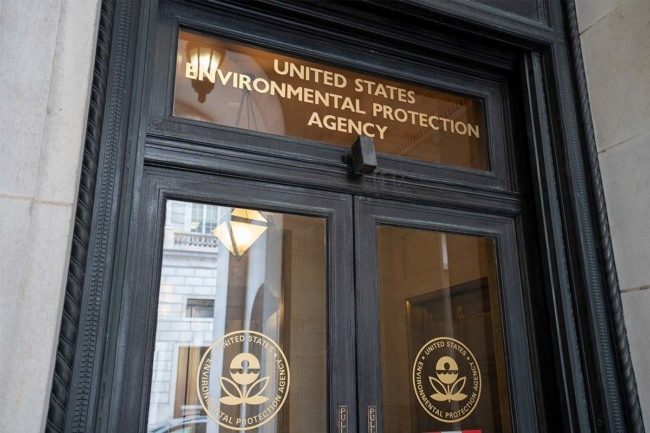ATLANTA – Chris Carr, the attorney general of Georgia, is the latest voice added to the ongoing fight against the proposed Effluent Limitations Guidelines (ELG) proposed by the US Environmental Protection Agency (EPA).
In a recent letter to the EPA, Carr and 26 other attorneys general from around the United States argued that the proposed rule would exceed the EPA’s statutory authority under the Clean Water Act, grossly underestimate the burdens of compliance, and go against the federal effort to strengthen food supply chains.
“The massive costs associated with these unnecessary and unlawful regulations would undoubtedly result in decreased production or, even worse, facility closures throughout our state,” Carr said. “Strains on the supply chain lead to higher prices for consumers and additional burdens for our business community. While the Biden administration plays politics with our state’s leading industry, we will continue fighting to protect Georgia’s farmers and families from these reckless federal requirements.”
Carr stated that the EPA regulates about 150 meat processing facilities in the United States. With the new guidelines the agency’s authority could move into approximately 3,000 additional facilities.
“This practice not only puts forward poor policy but also harms the integrity of our judicial system,” the letter said. “This administration must stop abusing the legal system in order to achieve results it otherwise cannot get. A good place to start would be with this rule."
Along with Georgia, the attorneys general of the following states have also signed to the letter: Alabama, Alaska, Arkansas, Florida, Idaho, Indiana, Iowa, Kansas, Kentucky, Louisiana, Mississippi, Missouri, Montana, Nebraska, New Hampshire, North Dakota, Ohio, Oklahoma, South Carolina, South Dakota, Tennessee, Texas, Utah, Virginia, West Virginia and Wyoming.
Earlier in the week, the Meat and Poultry Products Industry Coalition (MPP) came out strongly against these guidelines, saying they could cost hundreds of millions more than the estimate, eliminate tens of thousands of jobs and close many processing facilities, resulting in hardship for livestock and poultry producers.


